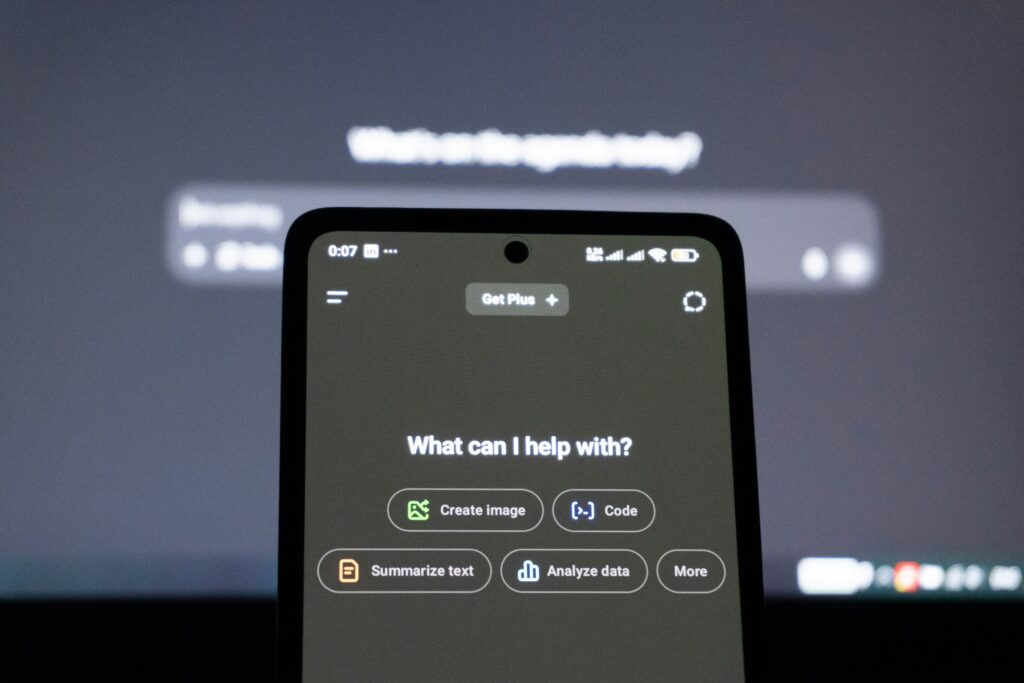The Advantages of Default Apps fntkech: Speed and Stability
Instant launches: Native apps are built to open fast and process data efficiently, skipping the lags common with thirdparty alternatives. Battery saving: Default tools are optimized at the firmware and OS level, drawing less power and reducing background drain. Crash resistance: Updates are released alongside operating system upgrades, lowering version mismatch and crash frequency.
Every tap, swipe, or click is engineered for immediate feedback. This is job one for the advantages of default apps fntkech.
Seamless Integration
Default apps talk to each other:
Contacts, calendars, and messaging: No signins, no lost invites—your events, reminders, and messages are all synced. File exchange: Sharing between default apps (notes, mail, photo editor) is simple, reliable, and free of compatibility headaches. Cloud and backup: One account, one signin—automatic sync to your cloud for photos, docs, and preferences.
This integration means fewer duplicate files, smoother multidevice use, and reliability during system restores or upgrades.
Security and Privacy
Trusted source: OS vendors vet, sign, and update their applications. There’s no ambiguity over what’s inside. Tight permissions: Default apps use interapp communication protocols rather than risky, broad permissions favored by adsupported thirdparty apps. Patch discipline: Security patches for default tools go out directly, not on developer whim.
The advantages of default apps fntkech mean fewer open backdoors and less chance of leaking sensitive data.
Consistent User Experience and Support
Familiar interfaces: Support, training materials, and user forums focus on outofthebox functionality, making onboarding fast for new users. Accessibility: Devicewide settings (zoom, voice control, contrast) work across all preinstalled apps, helping users with disabilities more consistently. Universal documentation: Device makers stand behind default apps for the lifespan of your product—fewer “unsupported” errors or lost features with upgrades.
Tech support always knows the default apps inside and out.
Efficiency and Resource Management
Optimized for hardware: Default apps are coded to run efficiently on specific processors, memory, and even screen sizes. No bloat or adware: Unlike some “free” thirdparty alternatives, defaults skip ads and avoid background data mining. Data management: Outofthebox tools often offer superior file management, cloud backup, and restore utility compared to custom apps.
Users spend less time troubleshooting, updating, or deleting junk, and more time accomplishing real work.
Upgrade Discipline
When OS updates roll out, default apps are tested and upgraded at the same time. Features remain stable (or improve), while equivalents sourced from app stores often lag behind. The advantages of default apps fntkech are most obvious here:
No broken compatibility No patient wait for patch cycles Uniform rollout across users and devices
This is particularly valuable for organizations or families managing multiple devices.
Battery Life and System Health
Defaults are optimized for system resource management, preserving battery cycles and storage life. Unnecessary notifications, background refreshes, and hungry processes are kept to a minimum, ensuring your device lasts longer on each charge.
Cost and Simplicity
No surprise trial conversions, monthly fees, or inapp purchases. Setup is single signon; forget password overload or constant reauthorization. For organizations, it means lower training costs, less troubleshooting, and less risk from unsupported thirdparty vendors.
When to Upgrade Beyond Default Apps
Power users or niche professionals might need deep, advanced features—photo editing, coding, medical, or regulatory compliance tools—that default apps don’t offer. But even so:
Default apps set the benchmark; compare performance, usability, and security carefully before switching. Maintain discipline with upgrades—choose only what you need and only from trusted vendors.
For most users, the advantages of default apps fntkech outweigh jumpy app store experimentation.
Environmental Impact
Fewer poorly coded thirdparty apps running mean your device lasts longer, reducing electronic waste. Systemlevel defaults streamline updates, minimizing excess bandwidth and energy use.
Final Thoughts
The argument for default apps is about operational discipline. The advantages of default apps fntkech—fast, stable, secure, and tightly integrated—make everyday tasks easier, more reliable, and safer. Don’t waste hours finding, downloading, and fixing what already works. Think before you upgrade, keep to proven tools, and let your device’s original design work for you—not against you. The best tech is invisible; defaults prove it every day.



